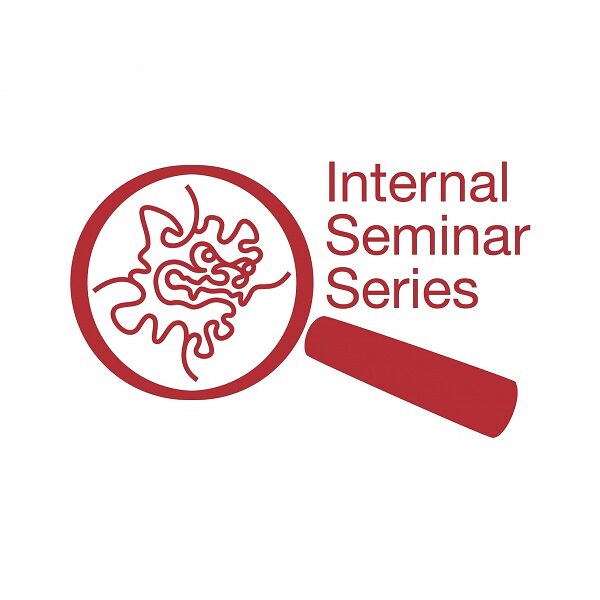Internal Seminar: Konstantinov Unit and Price Unit

Date
Location
Description
Join us for August's second Internal Seminar Series on August 21, from 17:00 to 18:00 in C700 (Lab3). This month's second seminar features the Quantum Dynamics Unit (Denis Konstantinov) and the Developmental Signalling Unit (Mary Ann Price).
Quantum Dynamics Unit (Denis Konstantinov)
Speaker : Alexander Badrutdinov
Title : Electrons on helium in microchannels: exploring novel low-dimensional electron systems
Abstract : Electrons trapped on the surface of liquid helium naturally form a two-dimensional electron system. Additional constraints imposed on the electron motion allow implementation of quasi-one-dimensional electron systems, as well as isolation of individual electrons. In this talk I will introduce our experimental method, where we confine electrons into micron-scale channels filled with helium and study electron transport through the channels. I will also describe an ongoing experiment where we will define a linear chain of electrons in the channel and study its motion in an external periodic potential varying along the channel. By varying the linear density of electrons we will be able to tune the inter-electron spacing with respect to the external potential period, thus implementing matching and mismatching conditions. This experiment is designed to simulate the problem of friction at nanoscale.
Developmental Signaling Unit (Mary Ann Price)
Speaker : Mary Ann Price
Title : Hedgehog signaling in the immune system
Abstract : My lab is interested in how cells communicate with each other and how they sense the environment. Cells achieve this by a process called signal transduction, since signals (environmental cues, hormones, protein signals, etc.) must usually be transduced across the lipid bi-layer surrounding the cell. In particular, my lab is interested in the Hedgehog pathway. The Hedgehog (Hh) gene is named for a Drosophila mutant and encodes a protein conserved in most multi-cellular animals. When it binds to its receptor complex on the cell surface, it causes changes in this target cell, usually in gene expression but also in other important processes. Most of my lab studies the mechanism of Hh signaling using Drosophila, but one project in the lab is examining the role of Hh in the immune system, specifically in T cell activation. Several signals are required for T cell activation: MHC:antigen (the latter derived from pathogens, for example) and other molecules expressed by antigen presenting cells (APCs). We show that Hh is expressed by one type of APC known as dendritic cells. Activation of the Hh pathway in T cells is required for their full activation. This takes place via a non-canonical Hh pathway that requires heterotrimeric G proteins and calcium mobilization, instead of the canonical transcriptional pathway.
Subscribe to the OIST Calendar: Right-click to download, then open in your calendar application.



